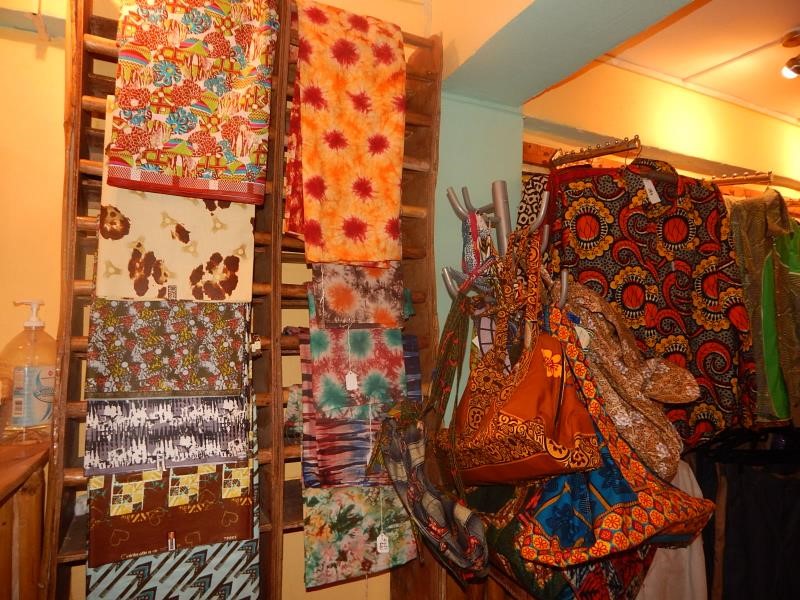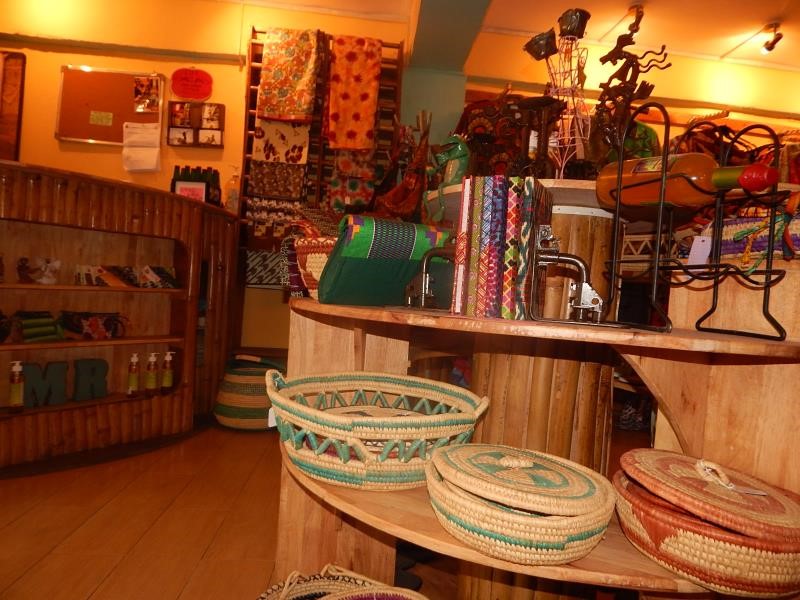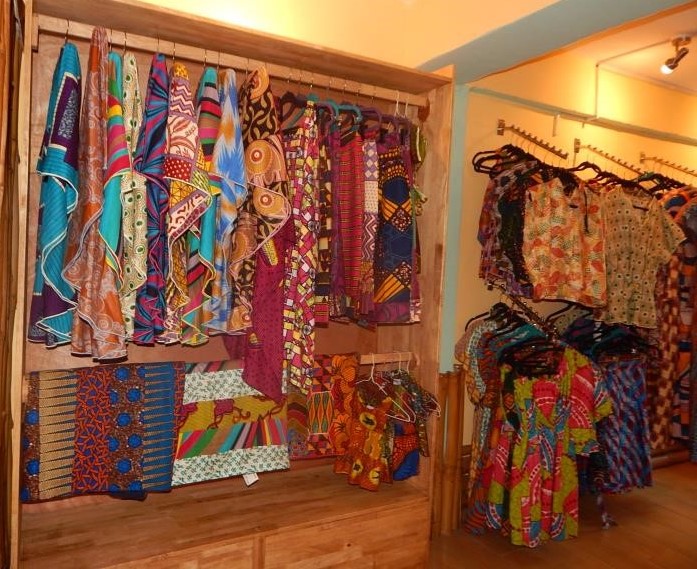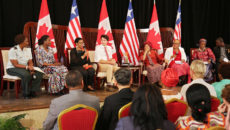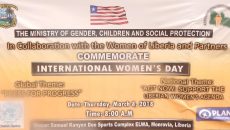MONROVIA, Montserrado – As Liberia attempts to return to its pre-war economic status and arrive on par with progressing African nations, developing and operating small businesses is still difficult.
Local entrepreneurs have found that skilled managers and basic utilities for small businesses or lack thereof are impeding their vision for progress.
One of these entrepreneurs is Archel Bernard, the owner of Mango Rags Boutique, a local business on the front line of Liberia’s comeback.
“We have a lot of very dedicated workers, but many of them are not trained in operations, so when I leave I am very scared that what if this happens or that happens, so having a [manager] is a very big challenge here,†Bernard said in a Bush Chicken interview.
Bernard said the key challenge to small business operations in Liberia was a lack of access to electricity and water. She said Mango Rags does not have access to either.
“If we had proper electricity and proper water, or even if we can make our place [solar-powered], we would be able to reduce our costs by about 15%,†she said.
She encouraged the government to focus on delivering more services to its people rather than focusing mostly on collecting revenue.
She added, “Government needs to make this environment a desirable place to harbor business.  They are not really taking care of their entrepreneurs.â€
She fears that the country may lose entrepreneurs if conditions for business are not improved.
As a small business owner, Bernard says she began with the Bombchel Factory to train women to sew clothes.
“The women who were there then were all affected by the Ebola situation,†she explained. “We also had the internship program for rape survivors and deaf students, and in addition to that, we were offering a little seed program to anybody who was interested in starting a business but did not have the might.â€
Bernard added, “For us, we’re not a charity, but we do things that are good for the community.â€
She believes it makes a longer lasting impact when people learn to do for themselves, as opposed to receiving handouts.
On Mango Rags, she says it was opened in 2013 to allow her to transition from selling dresses at the trunk of her father’s truck.
Unlike conventional tailoring shops, Mango Rags primarily sells already designed fashion clothing.
“For us, there is no tailoring in the shop. We have the environment where you can come just to shop and feel comfortable,†she said.
Proudly, Bernard says that most of the dresses and fashion clothes at Mango Rags were designed by women who were trained at the Bombchel Factory, and she hopes to see more.
The shop received a lot of customers until the Ebola outbreak. After Ebola, Bernard says the business has returned but remains relatively calm.
Although business can be difficult in the Liberian setting, Benard believes her courage and innovation will help her make progress.
Featured photo courtesy of Archel Bernard


